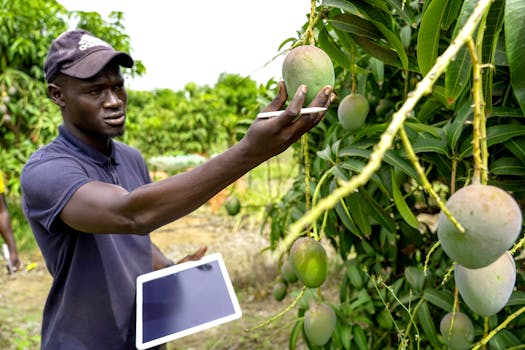
Climate change is one of the most pressing issues facing our planet today. The impact of climate change on global ecosystems is profound, affecting biodiversity, habitats, and the delicate balance of nature. In this article, we will explore how these changes manifest across various ecosystems and what it means for the future of our planet.
Understanding Climate Change

Climate change refers to significant changes in global temperatures and weather patterns over time. While climate change is a natural phenomenon, human activities have accelerated its effects, primarily through the burning of fossil fuels, deforestation, and industrial processes. This increase in greenhouse gases leads to global warming, which has a cascade of effects on ecosystems.
Effects on Biodiversity

One of the most significant impacts of climate change is the threat it poses to biodiversity. As temperatures rise and weather patterns shift, many species struggle to adapt. Some may face extinction if they cannot migrate to more suitable habitats. For example, polar bears are losing their ice habitats due to melting glaciers, while coral reefs are bleaching due to warmer ocean temperatures.
Habitat Loss and Alteration

Climate change also leads to habitat loss and alteration. Forests, wetlands, and grasslands are particularly vulnerable. Increased temperatures can lead to more frequent and severe wildfires, which devastate forest ecosystems and the wildlife that depends on them. Furthermore, rising sea levels threaten coastal ecosystems, leading to the loss of mangroves and salt marshes that serve as crucial buffers against storms and erosion.
Impact on Food Security

The impact of climate change extends to food security as well. Changes in temperature and precipitation patterns affect agricultural productivity. Crops that were once resilient may fail under new climate conditions, leading to food shortages. Moreover, as fish populations shift in response to changing ocean temperatures, fishing communities may struggle to maintain their livelihoods.
Mitigation and Adaptation Strategies

Addressing the impact of climate change on global ecosystems requires urgent action. Mitigation strategies include reducing greenhouse gas emissions through renewable energy sources and sustainable practices. Additionally, conserving existing ecosystems and restoring degraded ones can help enhance resilience against climate change. Adaptation strategies involve altering agricultural practices, improving water management, and developing infrastructure that can withstand extreme weather events.
Conclusion

The impact of climate change on global ecosystems is a complex and multifaceted issue that requires immediate attention. By understanding these effects and implementing effective strategies, we can work towards a more sustainable future for our planet and its diverse ecosystems.






